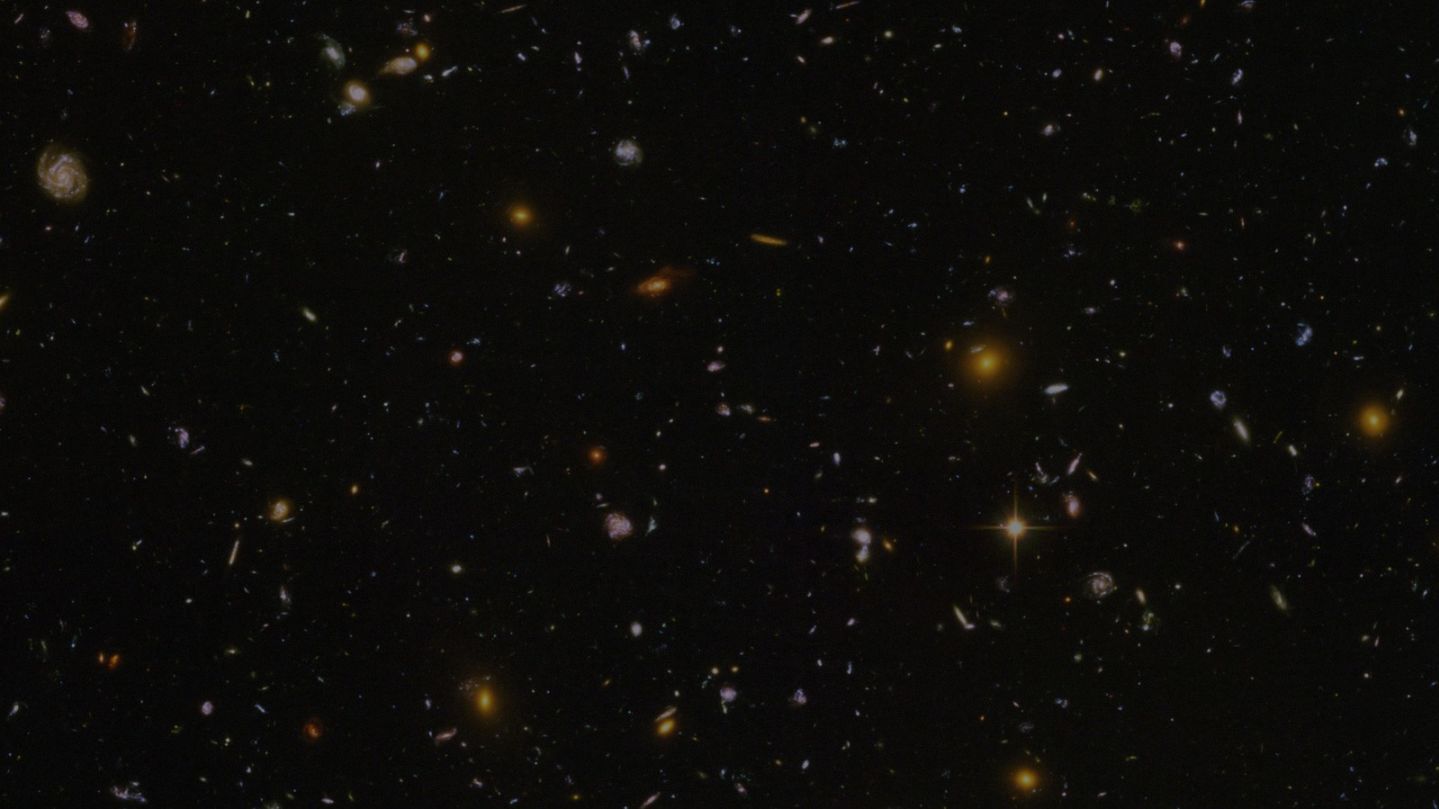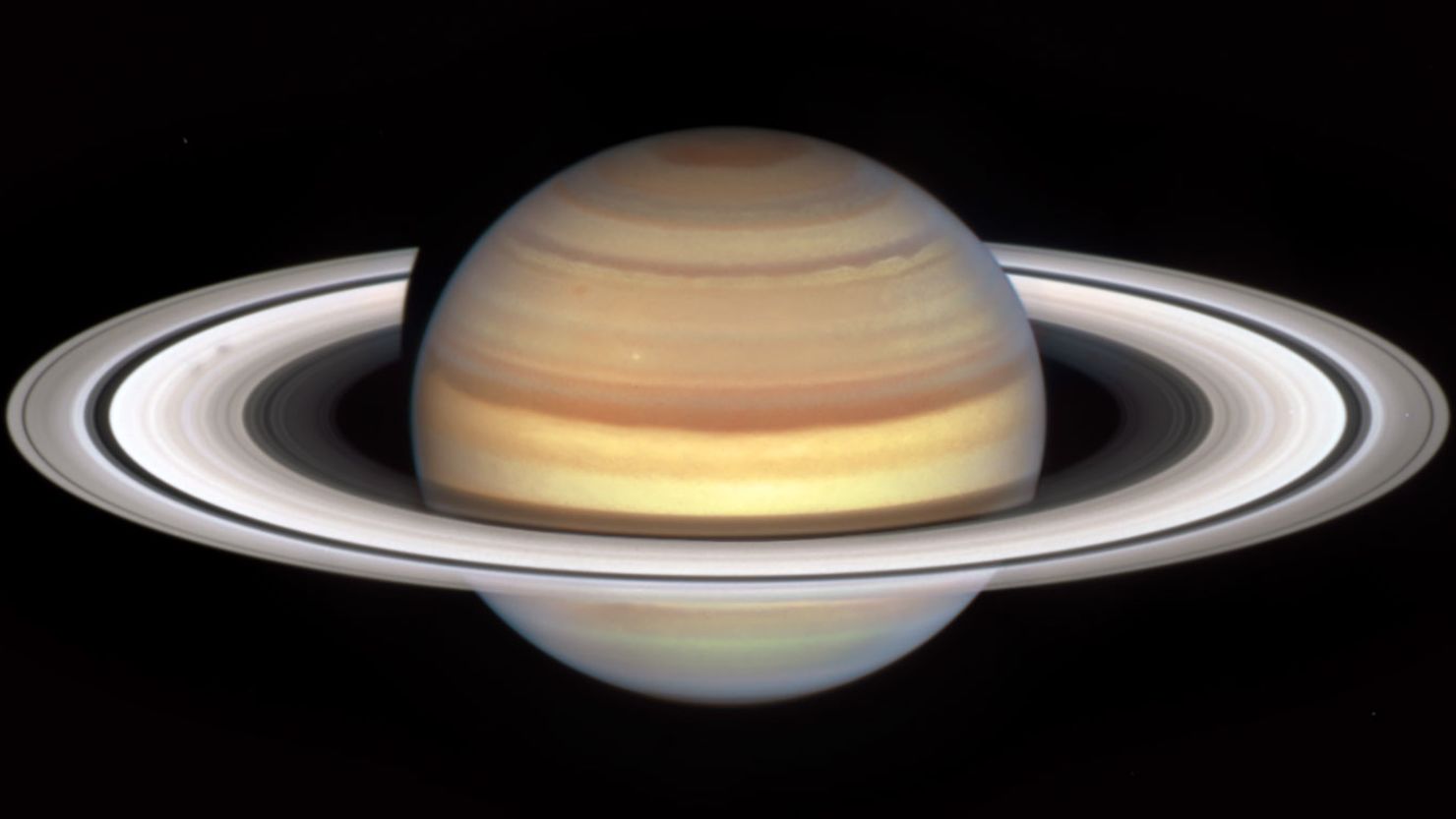Sign up for CNN’s Wonder Theory science newsletter. Explore the universe with news on fascinating discoveries, scientific advancements and more.
The Hubble Space Telescope captured images of a mysterious show playing out on Saturn’s rings — ghostly, fleeting “spokes” that appear to move along the planet’s rings. And scientists can’t yet explain why the phenomena happen.
The return of the spokes is one of the earliest signs that Saturn is entering a new season as it approaches the autumnal equinox of its northern hemisphere, which is expected to occur on May 6, 2025, for the first time in about 15 years.
Scientists have long known about the perplexing spokes, which look like apparitions skating along Saturn’s rings and can be seen around the planet during equinox time. The first evidence was captured by NASA’s Voyager mission in the 1980s.
Exactly what causes the events still eludes scientists. But this time around, NASA researchers are hoping to finally solve the mystery.
Hubble will continue observing the spokes, which are expected to grow more prominent in the lead-up to the 2025 equinox, providing more data about the intriguing occurrences.
“The suspected culprit for the spokes is the planet’s variable magnetic field,” according to a NASA news release. “Planetary magnetic fields interact with the solar wind, creating an electrically charged environment.
“On Earth, when those charged particles hit the atmosphere this is visible in the northern hemisphere as the aurora borealis, or northern lights.”
Essentially, scientists suspect that tiny particles can become charged by this activity, causing them to briefly rise up higher than surrounding material and creating an apparent bulge.
Scientists hope that forthcoming Hubble data will prove or disprove that theory once and for all, building on observations collected by Voyager and Cassini, the dedicated Saturn probe that observed the spoke phenomena during its last appearance in the late 2000s.
“Despite years of excellent observations by the Cassini mission, the precise beginning and duration of the spoke season is still unpredictable, rather like predicting the first storm during hurricane season,” said Amy Simon, a senior planetary scientist at NASA who heads the Hubble Outer Planet Atmospheres Legacy program, in a statement.
The spokes are only visible around Saturn’s equinox when the planet’s rings are tilted toward the sun, according to NASA. The markings can appear as bright spots of light or as black splotches, depending on the vantage point of the viewing instrument.
It’s possible other planets with rings experience similar events, though they’ve so far only been observed on Saturn’s densely packed and very prominent rings.
“It’s a fascinating magic trick of nature we only see on Saturn — for now at least,” Simon said.
Image caption: Seven Hubble Space Telescope images, each taken about four minutes apart, were stitched together to show “spoke” features rotating around Saturn.








